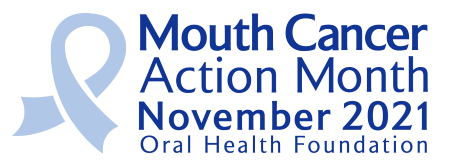Worryingly, most recent statistics show that awareness of the major signs and symptoms for mouth cancer are as low as 23%. People are also six times more likely to underestimate how common the disease is1.
Yet every year, there are 650,000 cases of mouth cancer diagnosed worldwide2. In the UK there are around 8,700 cases each year and an estimated 2,702 people lost their life to the disease last year - that’s seven people each day1.
A greater awareness of mouth cancer means that many of these deaths could be prevented. With early diagnosis, the chances of surviving mouth cancer are nine out of ten – which is why knowing what to look out for and regular visits to your dental team are so important, to ensure any problems can be caught early.
What is mouth cancer?
Mouth cancer, also known as oral cancer, is where cancerous tumours develop on the surface of the tongue, on lips or gums, in the throat, or on the inside of cheeks or the roof of the mouth.
What can cause mouth cancer?
Research has shown that most cases of mouth cancer are linked to tobacco and alcohol, but there are other things that can put you at increased risk too1.
Research now suggests that human papillomavirus (HPV) could soon rival smoking and drinking as one of the main causes of mouth cancer1.
HPV is the name of a common group of viruses which, most of the time, don’t cause any problems. But HPV can sometimes be more serious. It’s the main cause of cervical cancer and can affect the skin that lines the moist areas of the body, including the mouth. To find out more about HPV, visit the NHS website.
Sunburn, or over exposure to sunlight, can increase the risk of cancer of the lips.

